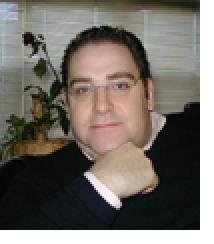
The theory is that since hedge funds can no longer raise assets from their traditional sources, they are going after the little guy with mutual fund products. Now that the small investor has been wiped out by mutual fund managers’ inability to do anything more than operate closet index funds, mutual fund managers are creating hedge fund-like products. Fund managers in both industries are filling the gaps in their assets by offering products that mimic each other.
The idea is simple – give the people what they want and sell, sell, sell.
I’ve been saying for years that the hedge fund industry and the mutual fund industry will converge, and at last I might be proved right. Within the next five to seven years there will no longer be investment portfolios called hedge funds and mutual funds; there will only be products called investment vehicles or investment funds. These new funds will include strategies that are able to go both long and short the market.
The convergence of these two industries will take place once it becomes clear that investors, regardless of their size, no longer want to buy funds that only can go long the market. Managers will realize that they need new products to boost their assets under management. The demand will come from the asset gatherers – the mutual funds – and the supply will be filled by the asset managers – the hedge funds.
Wall Street’s answer will be to provide hedge fund or hedge fund-like products for these investors. The demand is starting to grow and when Wall Street smells an opportunity, it does what it does best: create supply.
The reality is that just as cars need gas to run, money managers need money to make money. It doesn't matter how good they are at picking winners. If they don't have assets, they have no way of getting trades done.
Investors understand that the markets don't always rise, and they should have a way to make money when markets fall. Unfortunately, Washington has always believed that people who make investment decisions for their retirement are not capable of making their own decisions on the direction of the market.
At last, however, this sentiment seems to be changing and it’s about time. As market volatility continues and investors look to rebuild their 401(k) s and savings accounts, they are demanding more sophistication and better products.
Daniel Strachman is the moderator of HedgeAnswers Conference Call Series and author of a number of books on investment strategy including, Fund of Funds Investing (Wiley 2009) and The Fundamentals of Hedge Fund Management (Wiley 2007). He blogs at www.hedgeanswers.com/blog. Reach him by email at das@hedgeanswers.com.






